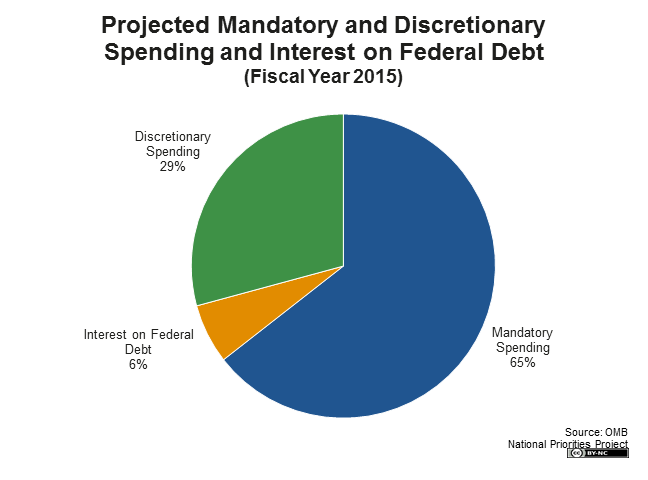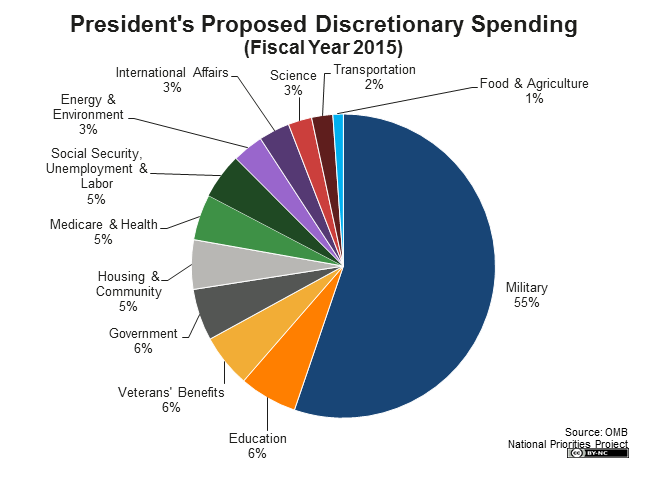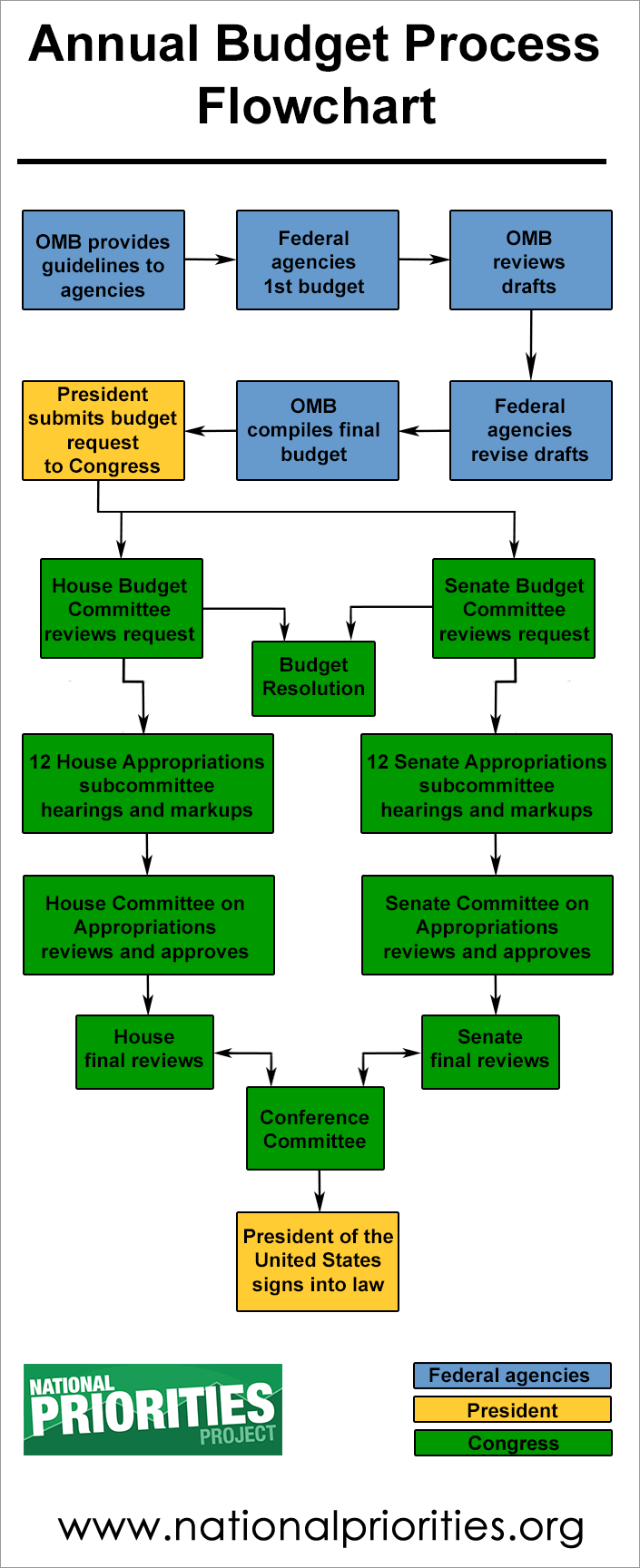- Click here for the article.
Abbott declared five topics “emergency items” for lawmakers — early childhood education, higher education research initiatives, road funding, the border and ethics.
It’s a mostly symbolic designation. The governor’s declaration sidesteps the state constitution’s prohibition on lawmakers passing bills in the session’s first 60 days — or before March 13.
With some House and Senate committees just holding their first meetings, though, Abbott didn’t so much speed up the process as highlight issues he deems important. He has stressed most of them during his gubernatorial campaign and since.





